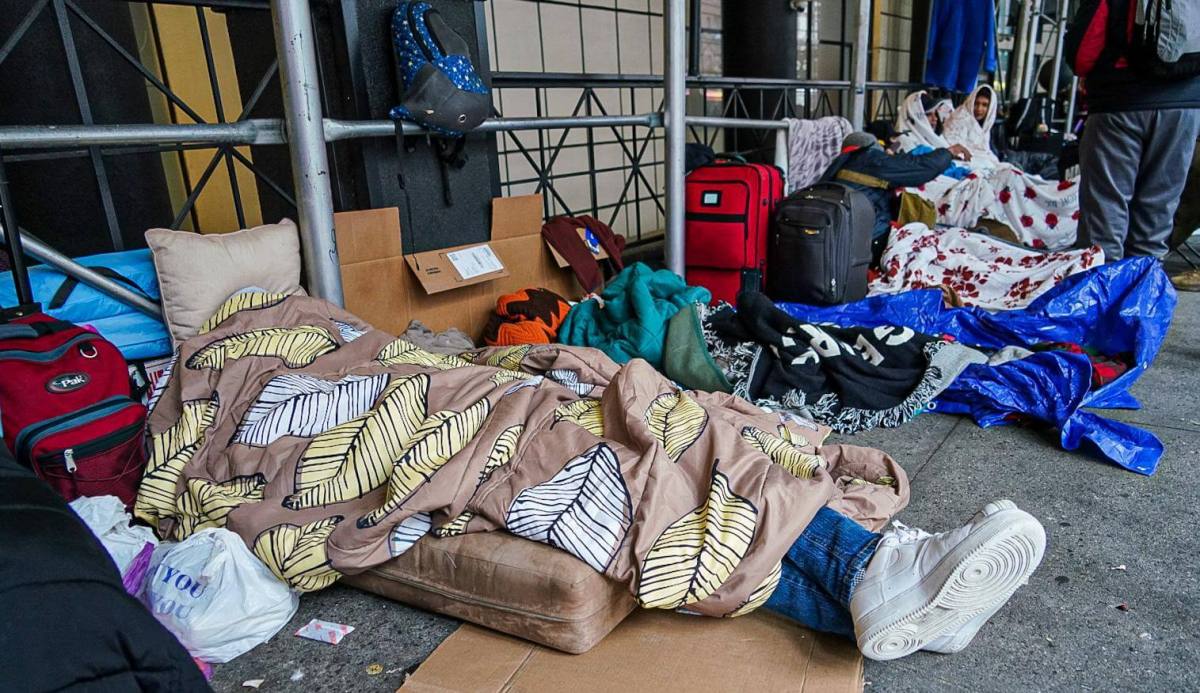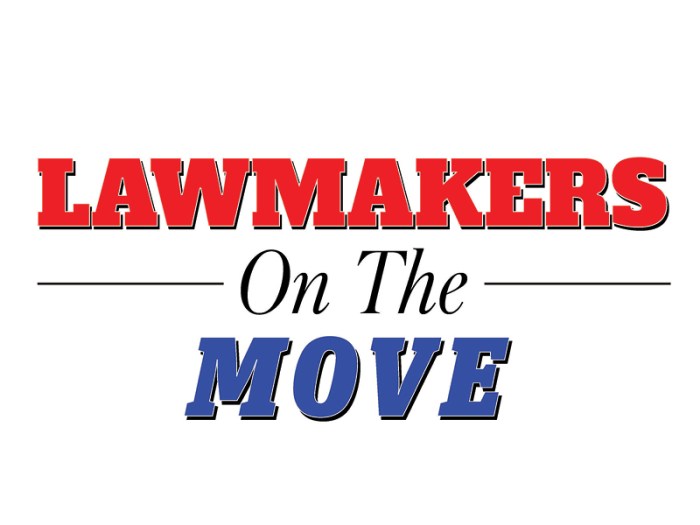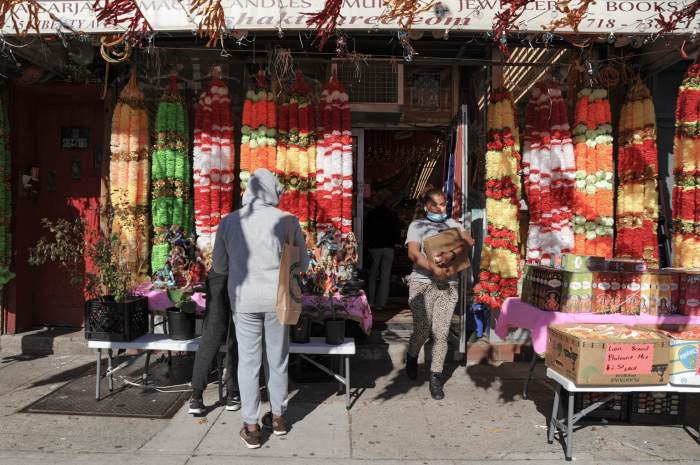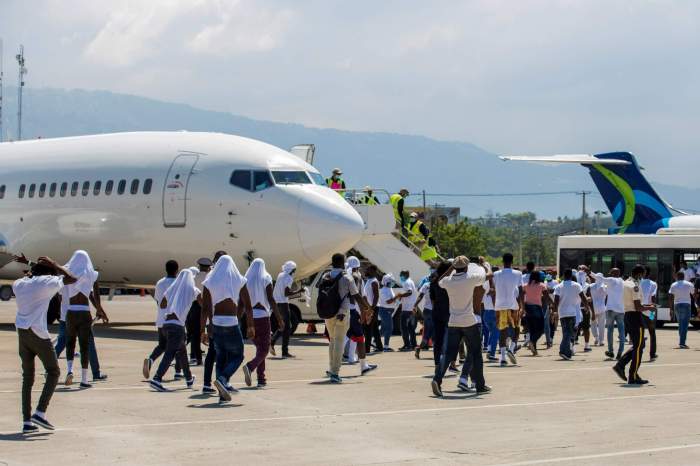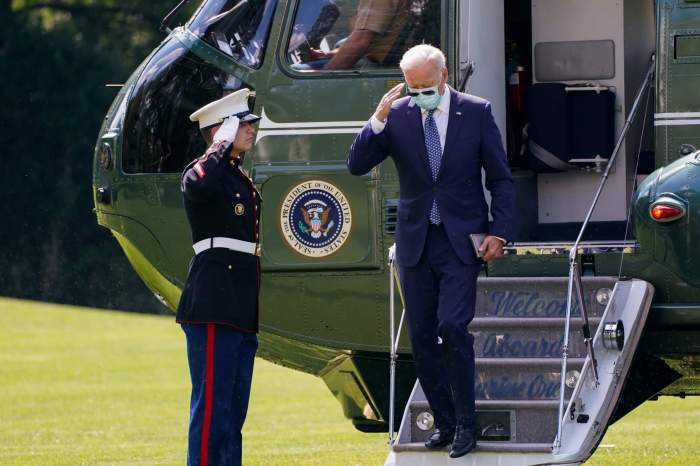Crises create inflection points in our city – and we can choose the path forward. If we successfully meet the moments, there is an opportunity to address not only the immediate need, but the conditions that brought us to that point. In moments of heightened stakes, heightened emotions, and heightened need, however, there is great risk of doing additional, lasting harm.
That risk comes not from the arrival of people seeking refuge, a story that has come to define our city for many generations and across many nations and migration waves. Rather, it comes from the compounding of our leaders’ actions which have stoked division and inaction which has led to overburdened, failing systems – not only across the last year and a half, but across decades.
When the mayor said the migrant crisis would “destroy New York City,” and that we had “never” faced a crisis with no clear end, many rightly condemned his rhetoric as inflammatory, dangerous, and untrue. Whether he intended those words to be harmful, they created conditions where slashing essential services will be attributed entirely to people seeking asylum. This will continue to ignite animosity between longtime residents and our newest New Yorkers, and we fear that words and actions combined could threaten the safety of people who have already faced enormous danger.
The comments, the cuts, and the crisis are all meeting a context of longstanding neglect and disinvestment in longtime New Yorkers – largely from Black, Brown, and working-class communities across our city. People who have seen their neighborhoods and livelihoods suffer from a lack of government investment or attention now see news every day about new arrivals and requests for new resources. When you have long been denied access to truly affordable, accessible housing, it is hard to see newly funded shelters open each week. When your child’s school is already under-resourced, it is hard to see a wave of new students enrolled. When you struggle to put food on the table, it is hard to see the government provide supplies to our newest arrivals.
We understand the frustrations of longtime New Yorkers who have never seen the focus or funding that they deserve in their communities. And we don’t ask them to forget their frustrations – only to aim them at who is truly to blame for decades of dysfunction – a government which only responds to acute crises, rather than addressing longstanding harms that make those crises worse.
Both the people seeking asylum and longtime New Yorkers seeking services that could be cut echo the same message. “We are hurting, we’ve been hurting for a long time. Please do not take actions that will only hurt us more. “
When the administration turns to cuts, and announces that scarcity is due to the expense of our new New Yorkers, at the expense of longtime residents, that only increases the anger, because it only increases the hurt.
A failure of urgency or imagination to combat past crises has helped create the conditions we face today. Instead of supporting raising revenue from the people with more, these cuts will take from the people with less, while blaming the arrival of people with the least.
Beyond the rhetoric is a reality that our city does need to account for the funding of shelter and services for people here seeking asylum – a multi-billion dollar expense. We can do that either by reducing spending in some areas or by finally getting the resources we require from the state and federal government – the governor has recently started to step up, but refuses to acknowledge the statewide right to shelter, and the White House is still almost entirely absent. Washington can provide the relief New York needs and the support migrants deserve, but right now we must operate as if that aid will never come.
We have been placed in an extremely difficult situation through the actions of Republican governors and the inaction of a Democratic president. New York City did not create these circumstances – but how we respond to them matters. The city has made missteps and mistakes, but these cuts would be among the most direct and dire.
While we must be fiscally responsible, we must also be morally responsible. That means continuing to do all we can to meet the needs of people arriving in our city, and it means refusing to ignite or engage in an “us vs. them” positioning which pits communities against one another.
Reducing the resources for the government, reducing the services the government provides, and casting blame on an out-group is not a new strategy, but it is one that thousands of people have come here not to expect, but to escape.
Our city has navigated many acute crises before – a recession, a pandemic, a terror attack – and while we may not have known how those crises would resolve, at our best moments we resolved to do all we could, with all we had – to lead with clarity and compassion in equal measure. That standard needs to be applied to the migrant crisis, but also to the longstanding crises that do not dominate the headlines, but define the lives and livelihoods of so many.
The only way this latest crisis could “destroy” New York City is if we let the challenge of the situation interfere with our spirit, our solidarity, and our commitment to lift up New Yorkers in need, no matter how or when they arrived.



